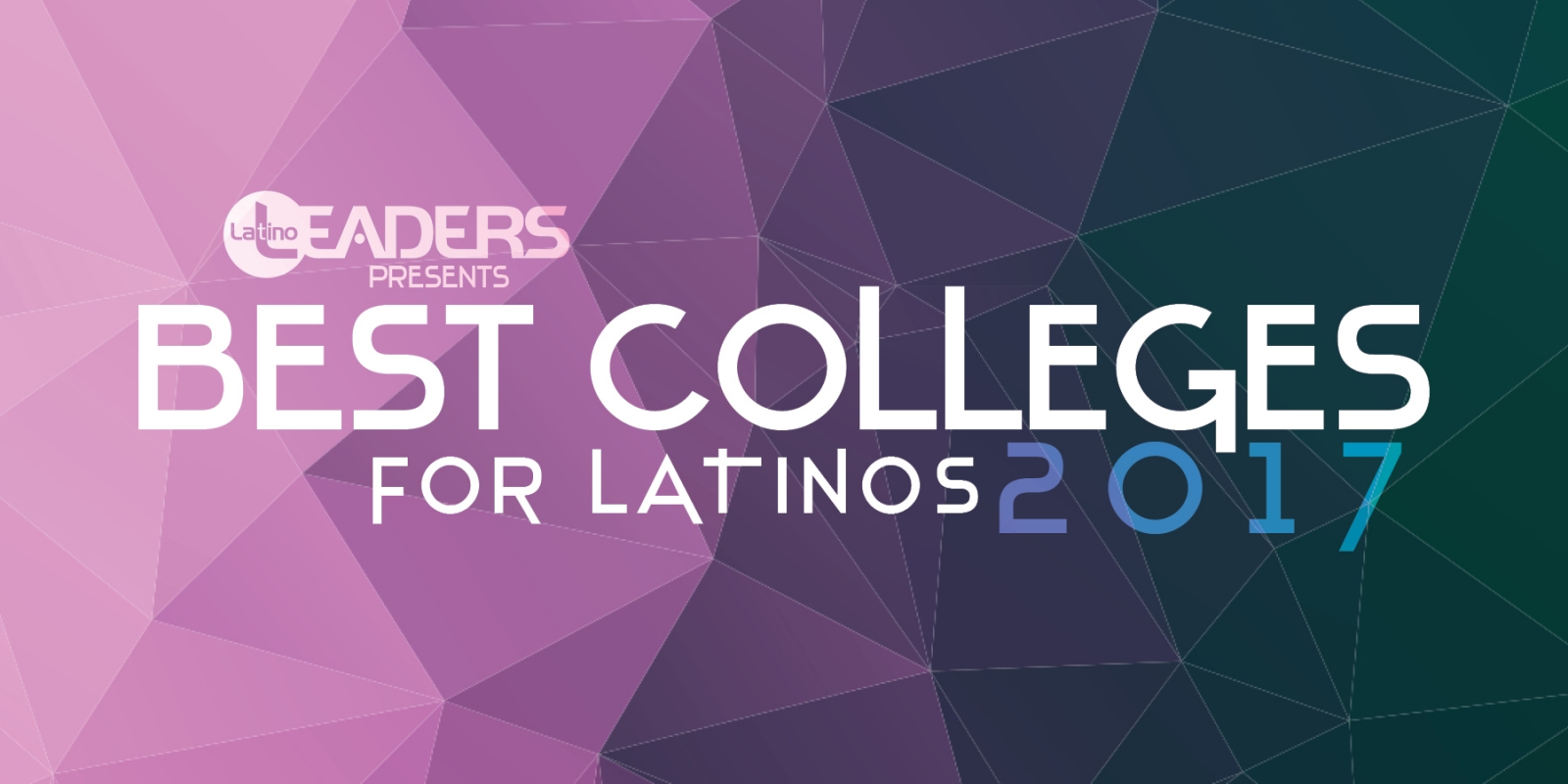Latino Leaders Magazine Names Baylor to List of Best Colleges for Latinos

Media Contact: Lori Fogleman, 254-710-6275
Follow Lori on Twitter at @LoriBaylorU
Follow Baylor Media Communications on Twitter: @BaylorUMedia
WACO, Texas (Feb. 1, 2018) – Baylor University has been named to the Latino Leaders Magazine list of the top 50 colleges and universities for Latinos, published in the magazine's November-December 2017 issue. The Latino Leaders ranking focuses on universities that have exceeded traditional practices and continue to provide Latino students with helpful guidance and support to pursue their career aspirations.
“As an institution, we are committed to creating an environment on campus that enriches the experience of all our students through the celebration and understanding of self and others,” said Elizabeth D. Palacios, Ph.D., dean for student development at Baylor and special assistant to the president on diversity. “As our Latino community continues to grow, so will our commitment to developing worldwide leaders through cultural knowledge, understanding and authentic interaction.”
According to U.S. Census Bureau data used in a study by Pew Research Center, Latino college enrollment is at a record high, increasing steadily since 1999. In 2016, 47 percent of Hispanic high school graduates ages 18 to 24 were enrolled in college, up from 32 percent nearly 20 years ago.
Baylor’s student body continues to reflect the broader demographic shifts that have occurred in Texas and the United States, with the University’s enrollment from underrepresented groups rising to 35.3 percent of the overall student body in fall 2017. More than 14 percent of the University’s student body identifies as Hispanic/Latino. Baylor welcomes U.S. and international students from all 50 states and more than 80 countries.
As the University’s student body evolves, Baylor has focused on building programs, completing agreements and organizing initiatives that provide an environment of acceptance and support for students, faculty and staff from diverse backgrounds.
Baylor supports Latino students with such resources as the Hispanic Student Association, which focuses on enriching the experience of Hispanic culture, heritage and traditions on Baylor’s campus as well as in the Waco community; Latino-based sororities and fraternities; and the Latinx Council of Latino Student Organizations.
In addition, the University has enacted several initiatives, including Project Male, a mentoring program for males of color and a member of the Project Male Consortium; Latinas Unidas, a community group of Baylor Latinas who meet for support, information, discussion and development; and Festival Latino, a series of lectures, social activities, educational workshops and alumni interaction for students.
In September, Baylor was awarded a five-year grant to implement the Ronald E. McNair Postbaccalaureate Achievement Program, a Department of Education-funded program that cultivates and prepares low-income, first-generation and underrepresented students to navigate a path to a Ph.D. program following graduation from Baylor.
As part of the Baylor McNair Scholars Program, students will conduct research with faculty mentors, present at conferences, participate in GRE preparation courses and receive assistance with graduate school applications. Baylor’s grant funding will support 25 students each year with substantial mentoring and community building along the way.
ABOUT BAYLOR UNIVERSITY
Baylor University is a private Christian University and a nationally ranked research institution. The University provides a vibrant campus community for more than 17,000 students by blending interdisciplinary research with an international reputation for educational excellence and a faculty commitment to teaching and scholarship. Chartered in 1845 by the Republic of Texas through the efforts of Baptist pioneers, Baylor is the oldest continually operating University in Texas. Located in Waco, Baylor welcomes students from all 50 states and more than 80 countries to study a broad range of degrees among its 12 nationally recognized academic divisions.